The key differences between copyright laws in Germany and India:
- Scope and Protection:
Germany: German copyright law is governed by the Urheberrechtsgesetz (UrhG). It provides protection for literary, artistic, and scientific works. The duration of copyright protection typically lasts for the lifetime of the author plus 70 years.
India: India’s copyright law is governed by the Copyright Act, 1957. It covers literary, dramatic, musical, and artistic works. The duration of protection varies depending on the type of work but generally extends for the lifetime of the author plus 60 years. - Originality Requirement:
Germany: German law emphasizes originality. Works must exhibit a certain level of creativity to qualify for copyright protection.
India: Indian law also requires originality, but it is interpreted more flexibly. Even derivative works can be protected if they exhibit sufficient creativity. - Fair Use/Dealing:
Germany: Germany has a concept called “Zitatrecht” (quotation right), allowing limited use of copyrighted material for purposes such as criticism, commentary, or news reporting.
India: India recognizes “fair dealing”, which permits specific uses of copyrighted material without infringing. These include research, education, criticism, and news reporting. - Database Rights:
Germany: German law grants sui generis database rights to protect substantial investments in creating databases.
India: India does not have a specific sui generis database right, but database creators may rely on copyright protection. - Moral Rights:
Germany: German law places strong emphasis on moral rights, allowing authors to assert their right to attribution and object to derogatory treatment of their work.
India: Indian law recognizes moral rights, including the right to attribution and integrity, although enforcement can be challenging. - Collective Management Organizations (CMOs):
Germany: CMOs play a significant role in managing copyright licenses and collecting royalties.
India: CMOs exist but are not as prevalent as in some other countries. - Digital Rights Management (DRM):
Germany: German law allows for the use of DRM technologies to protect digital content.
India: India also permits DRM, but there are discussions around balancing DRM with user rights.
In summary, while both Germany and India adhere to international copyright principles, their specific legal provisions, duration of protection, and approaches to fair use/dealing differ. Creators and users should be aware of these distinctions when navigating copyright issues in each country.

